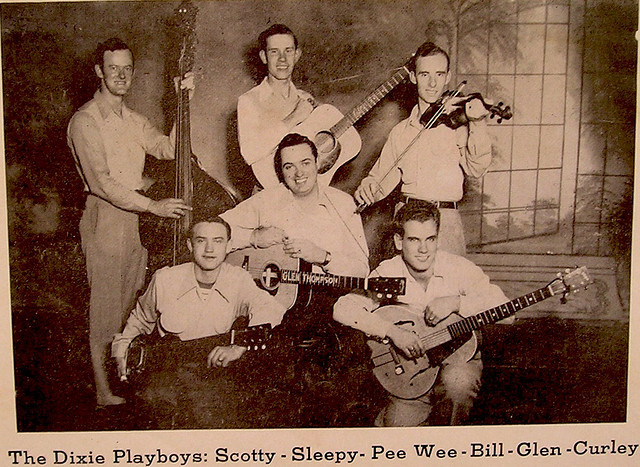Peter Berger raises some interesting questions in a recent blog post about religion in the military. Specifically, he considers the role of chaplains in the military and how their function as clergy can come in conflict with their role as military personnel.
He tells a fascinating story at the end of the post about his experience in Germany in 1950. He attended a conference on the challenges for West Germany as it formed its military post-World War II. He says that an American chaplain was brought in to give a presentations on how American chaplains function in the Army:
One of the Americans gave a lecture on how chaplains helped to maintain the morale of the troops. The Germans listened with some bewilderment. After the lecture, during a coffee break, one German leaned over and asked the lecturer: “How does an American army chaplain differ from a politruk?” The term referred to Communist party officials attached to units of the Soviet army with the purpose of political indoctrination.
The whole post is worth a read, but that quote in particular resonated with me as I have begun to seriously question the role Christians can have in the military without compromising their faith. The German’s reaction in this situation suggests something about the way Christianity is often used to legitimize state violence. The Germans were in the unique position to see the dangers of treating chaplains as tools to boost morale. I wonder how long it will take for us to come to the same conclusion?
Every Monday in Citizenship Confusion, Alan Noble discusses how we confuse our heavenly citizenship with citizenship to the state, culture, and the world.











